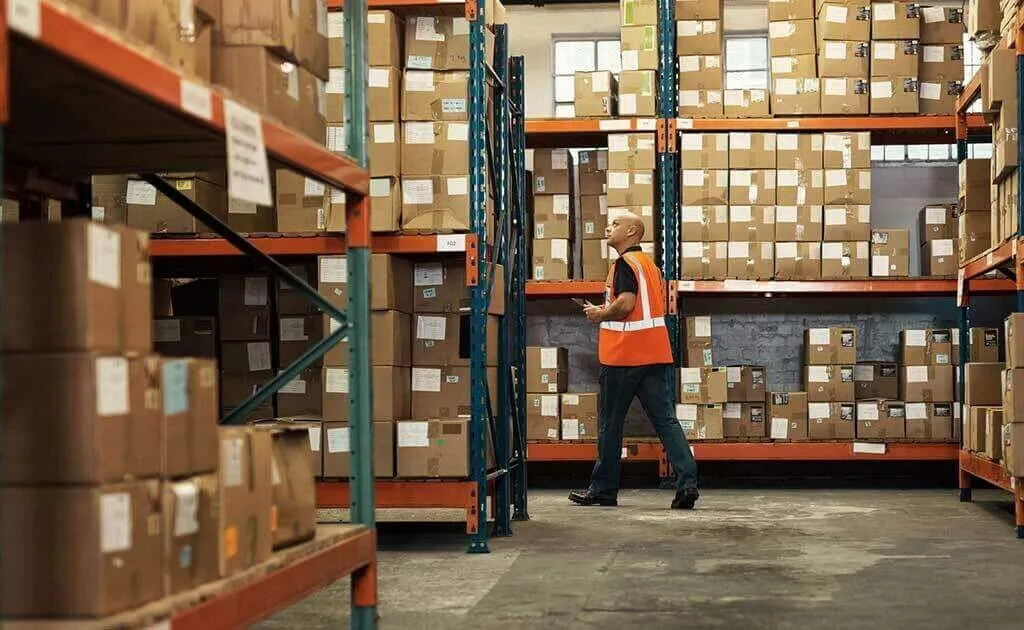Wholesale distributors are a key component of the global supply chain, facilitating the efficient movement of goods from manufacturers to retailers and, ultimately, to consumers. Understanding the role of wholesale distributors is essential for businesses and entrepreneurs looking to optimize their operations, whether they are sourcing products, scaling their companies, or entering new markets.
In this article, we’ll explore what wholesale distributors do, the types of Distributor, their importance to business operations, and how companies can work effectively with them.
What is a Wholesale Distributor?
A wholesale distributor is a business or individual that purchases large quantities of goods from manufacturers and sells them in bulk to retailers, other distributors, or sometimes even directly to consumers at a lower price than the manufacturer’s retail price. Wholesale distributors typically specialize in a particular range of products or industries and act as intermediaries between manufacturers and the end-users who need these products.
Wholesale distributors often handle various tasks, including storage, inventory management, order fulfillment, and logistics, allowing manufacturers to focus on production and innovation. By purchasing in bulk, wholesalers can take advantage of economies of scale, offering competitive prices to retailers and small businesses that may not have the buying power to deal directly with manufacturers.
Types of Wholesale Distributors
Wholesale distributors come in several forms, each serving different business needs. Here are the primary types of wholesale distributors:
1. Merchant Wholesalers
These are independent distributors who buy products in bulk from manufacturers and sell them at a profit to retailers, other wholesalers, or businesses. Merchant wholesalers usually handle the entire process from procurement to distribution, including storage, inventory management, and shipping.
They generally work on a wide range of products or focus on specific industries such as electronics, fashion, or food. Merchant wholesalers often operate warehouses where they store large quantities of goods before shipping them to buyers.
2. Brokers and Agents
Brokers and agents are intermediaries who connect buyers and sellers but do not take ownership of the products. They typically work in industries like real estate, finance, and commodities, while agents often represent a specific brand or manufacturer. In the wholesale context, brokers and agents may help manufacturers find buyers but do not handle the physical inventory.
3. Drop Shippers
Drop shipping wholesalers do not maintain stock or inventory themselves. Instead, they act as intermediaries between the retailer and the manufacturer or supplier. When a retailer receives an order, the drop shipper sends the product directly from the supplier to the consumer, allowing the retailer to sell without holding inventory. This model has gained popularity in e-commerce because it reduces upfront costs for retailers.
4. Wholesale Distributors with Warehouses (Full-Line Wholesalers)
Full-line wholesalers maintain large warehouses and supply a wide variety of products to retailers. They offer one-stop shopping for retailers by providing a range of product categories. Retailers can buy multiple products from a single distributor, reducing the time and effort spent sourcing different items from different suppliers.
5. Specialized or Niche Wholesalers
These wholesalers focus on a specific niche or market segment. They may handle only certain types of products such as organic food, luxury fashion, or industrial machinery. Specialized wholesalers often have in-depth knowledge and expertise in their product areas, making them a valuable resource for businesses that require specialized goods.
The Importance of Wholesale Distributors
Wholesale Distributors are essential for several reasons:
1. Cost Savings for Businesses
One of the most important benefits of using a wholesale distributor is cost savings. Because wholesalers buy in bulk, they can negotiate better prices from manufacturers and pass those savings onto retailers. This helps retailers reduce their operational costs, leading to lower prices for consumers.
2. Efficient Supply Chain Management
Wholesale distributors streamline the supply chain by offering warehousing, inventory management, and order fulfillment services. They allow manufacturers to focus on production while leaving the logistics to the distributor. This saves time and resources and ensures that products reach retailers in a timely manner.
3. Access to a Wide Range of Products
Retailers and businesses can rely on wholesalers to supply a wide range of products, even if they are not directly connected to the manufacturer. This means that small businesses can access high-quality goods without needing to establish relationships with numerous manufacturers, which can be time-consuming and costly.
4. Market Knowledge and Expertise
Wholesale distributors often have years of experience in specific industries or product categories. This expertise can be invaluable for businesses that are new to a market or need advice on product selection. Distributors can also help businesses with market trends, price fluctuations, and consumer demands, giving them a competitive edge.
5. Risk Reduction
When companies buy directly from manufacturers, they can face a lot of risks, including excess inventory, product obsolescence, or supply chain disruptions. Wholesale distributors reduce these risks by offering more flexible terms, including lower minimum order quantities and the ability to return unsold goods, which helps businesses maintain cash flow.
6. Logistics and Distribution
Managing logistics, especially for companies that deal in large quantities, can be complex. Wholesale distributors take on the responsibility of storage, order fulfillment, and shipment. Their established logistics networks enable them to deliver goods quickly and efficiently, reducing delays and minimizing shipping costs.
How to Work Effectively with Wholesale Distributors
When working with Bj Wholesale distributors, businesses must maintain a strong relationship to ensure smooth operations. Here are a few tips for establishing successful partnerships:
1. Choose the Right Distributor
It’s crucial to select a distributor that aligns with your business’s needs. Factors to consider include product range, industry expertise, delivery times, and reliability. A distributor who understands your specific market can be an invaluable asset, so doing research on their reputation and performance is vital.
2. Negotiate Terms
Establishing clear terms is essential for a successful relationship. Negotiate favorable payment terms, delivery schedules, and minimum order quantities. Be sure to set clear expectations for pricing and any additional fees for services like shipping and storage.
3. Communicate Regularly
Clear and open communication is key to a successful partnership. Regular check-ins can ensure that both parties are on the same page and help resolve any issues before they become major problems. Establishing communication channels for urgent issues or emergencies can prevent delays and mistakes.
4. Monitor Performance
Keep track of your distributor’s performance over time. Are they meeting delivery deadlines? Is you getting the right products in the right quantities? Are you seeing the expected margins? If not, discuss these concerns with your distributor and work together to find solutions.
5. Build a Long-Term Relationship
Wholesale distributors are more than just suppliers—they are partners in your business’s success. Investing in a long-term relationship can lead to better pricing, exclusive deals, and improved service. A good distributor will become a trusted ally, helping you navigate challenges and capitalize on new opportunities.
Challenges in the Wholesale Distribution Industry
Although wholesale distributors play a crucial role in the supply chain, the industry is not without its challenges. These include:
- Supply Chain Disruptions: Global events, such as the COVID-19 pandemic, have shown how vulnerable the global supply chain can be. Disruptions can lead to delays, price fluctuations, and shortages.
- Rising Costs: The increasing cost of raw materials, labor, and transportation can affect the prices that wholesalers charge. These increases may be passed on to retailers, leading to higher prices for consumers.
- Technological Advancements: The rise of e-commerce and digital tools has reshaped the wholesale distribution industry. While this provides opportunities, it also requires distributors to adopt new technologies and adapt their operations.
Conclusion
Wholesale distributors are a fundamental part of the business world, providing essential services that connect manufacturers with retailers and consumers. They help streamline the supply chain, reduce costs, and provide access to a wide range of products. Whether you are a small business owner or a large enterprise, understanding how to work effectively with wholesalers can significantly enhance your operations.
By selecting the Wholesale Extracts Flavorfrenzy distributor, maintaining strong communication, and leveraging their expertise, businesses can build lasting partnerships that contribute to long-term success. In a competitive global market, wholesale distributors remain the unsung heroes behind many of the products we use every day.



Leave a comment
Your email address will not be published. Required fields are marked *